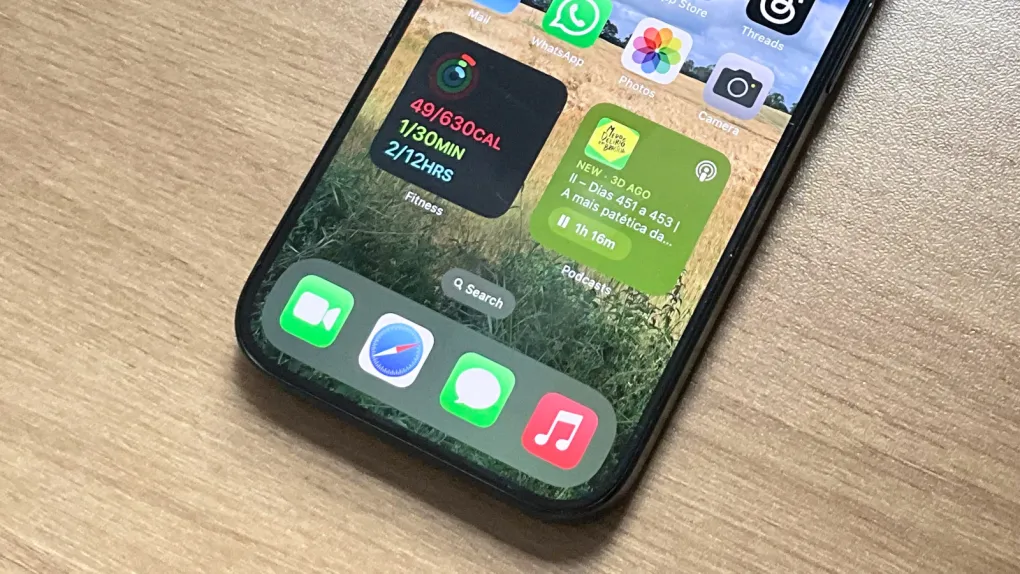Apple has launched the iOS 17.7.1 update, targeting iPhone models that have not yet made the jump to iOS 18. This update focuses on addressing critical security vulnerabilities rather than adding new features. It is designed to resolve issues like sensitive kernel state leaks, unauthorized changes to protected system files, and breaches of the iframe sandboxing policy. These fixes are essential for maintaining device security, especially as Apple continues to roll out newer software versions such as iOS 18.1, which introduces its new AI capabilities under the Apple Intelligence umbrella.
The iOS 17.7.1 update, available only to devices still running iOS 17, fixes a significant security vulnerability identified as CVE-2024-44239. This flaw could potentially allow apps to access sensitive information from the device’s kernel state, posing a risk to user privacy. To address this, Apple has improved the redaction of private data in log entries, ensuring that such sensitive details are better protected. Users are encouraged to install the update to close this potential security gap.
While iOS 17.7.1 may not offer exciting new features, it plays a vital role in ensuring the continued safety of iPhones that are holding off on upgrading to iOS 18. For users who are not yet ready to adopt the latest major update, this patch ensures their devices remain secure from known vulnerabilities. As Apple introduces more advanced features in future updates, keeping up with security patches becomes increasingly important.
This update also comes at a time when Apple is pushing forward with its AI advancements, as demonstrated by the launch of iOS 18.1, which integrates Apple Intelligence. While iOS 17.7.1 focuses on security, iOS 18.1 offers cutting-edge AI tools that promise to enhance user experiences. For those who prefer staying on the current version of iOS 17, this update ensures that they are not left vulnerable to the growing range of security threats that target modern mobile devices.


















